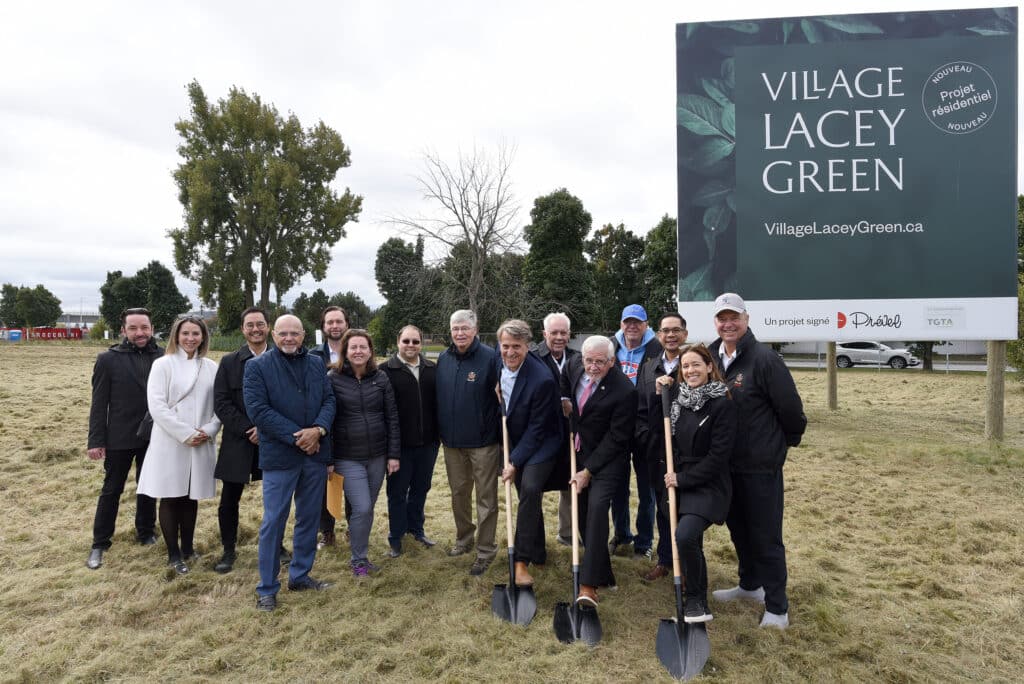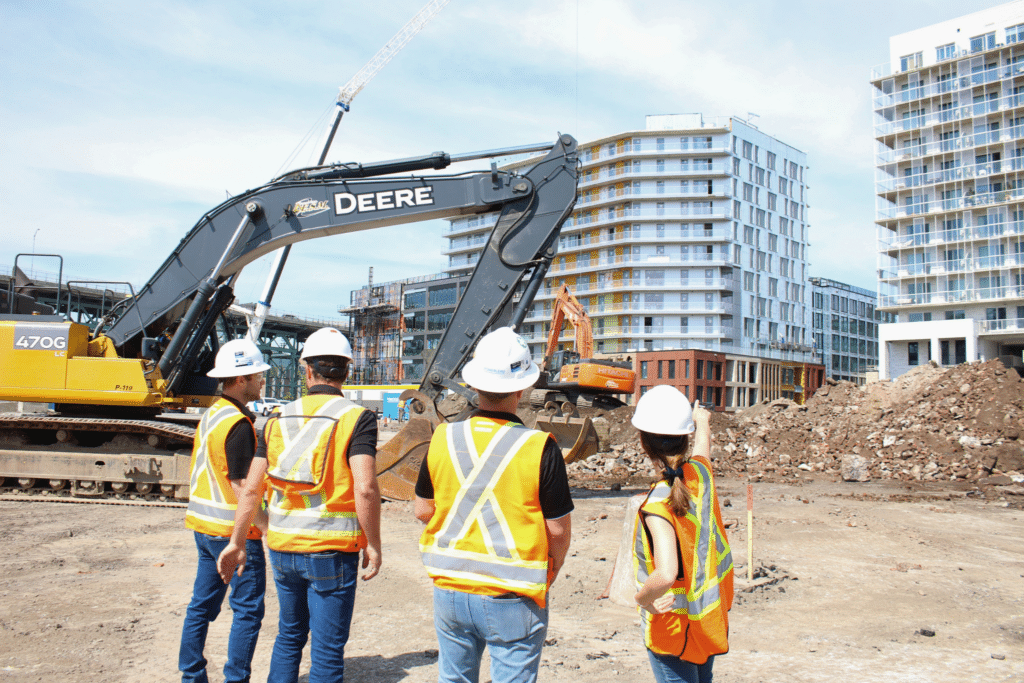By Robert Rosenberg
I would imagine that in all projects located in Griffintown, salespeople are often asked: “Do you worry that the amount of condos currently for sale will saturate the market”?
Let’s reason the situation a little. We have never before seen so many condo projects sell so quickly in Montreal. Furthermore, in Griffintown they have all attained the level of sales necessary for financing and construction, all in record time. The resale level at Lowney is also quite fast, with most transactions being completed within weeks. Such quick sales are a true indicator that demand has never been higher. When the relationship between supply and demand is balanced, resales usually take between 3 and 6 months; in addition, a new project may take anywhere from a year to 18 months to reach 90% sales. Fortunately, we are a long way away from the time when projects won’t be able to get off the ground due to a lack of sales.
In 2010 I attended the annual CMHC conference on the housing market in Montreal. They expected the trend to continue, due mainly to a large number of first-time buyers as well as high levels of immigration. As well, many people have chosen to move back into the city to avoid the traffic jams. We also see more and more people approaching retirement and deciding to sell their big homes and move into a condo in the city.
If multiple projects in Griffintown are selling that well, it’s clearly due to the fact that demand is being met. And although we mostly find smaller, more affordable units present in the city center, we are seeing more and more larger units on the market as well, targeting more experienced buyers and/or families.
Can it really go on like this? The answer is, not really. The market must constantly be evolving.
The first change will be to improve the quality of what is being offered; competition between projects benefits everyone because then developers are constantly improving their products to truly stand out and distinguish themselves. Next, the arrival of new projects will increase supply and reduce demand, and as a result the market will stabilize and begin to appear more normal. Finally, if the supply should exceed demand, some projects will be forced to shut down; when that happens, it is usually the best and most trusted projects that manage to pull through. The path to an excess of supply has many consequences, most of which benefit the buyers; the exception to the rule is when the question asked about market saturation is for speculators and property-flippers.
“Will a market saturation effect the value of my property”? Yes, of course! Especially if you’re counting on buying and selling your property for a quick profit. Such speculative purchases are subject to the same rules as any other commercial transactions. If you sell when supply exceeds demand, you will lose. In such circumstances it is almost always the misguided speculators who create price declines. As for those who buy their home as a principal residence, they live in and enjoy their investment, just waiting (but not rushed) for the right time to sell.
While the term “market saturation” may seem scary, you must understand that this is a normal phase in any business cycle. Given the large number of projects under construction, Griffintown is presently showing all the signs of a competitive and dynamic market that greatly benefits savvy buyers. As for speculation, it is unhealthy for the real-estate market. If it becomes excessive, an eventual “saturation” of the market is inevitable, which helps the market shift to a more balanced position.
Unless you are a buyer looking for a quick and easy profit, there is no need to worry about this possible “saturation” phase; it is a natural and necessary step in the supply and demand cycle.
Robert



